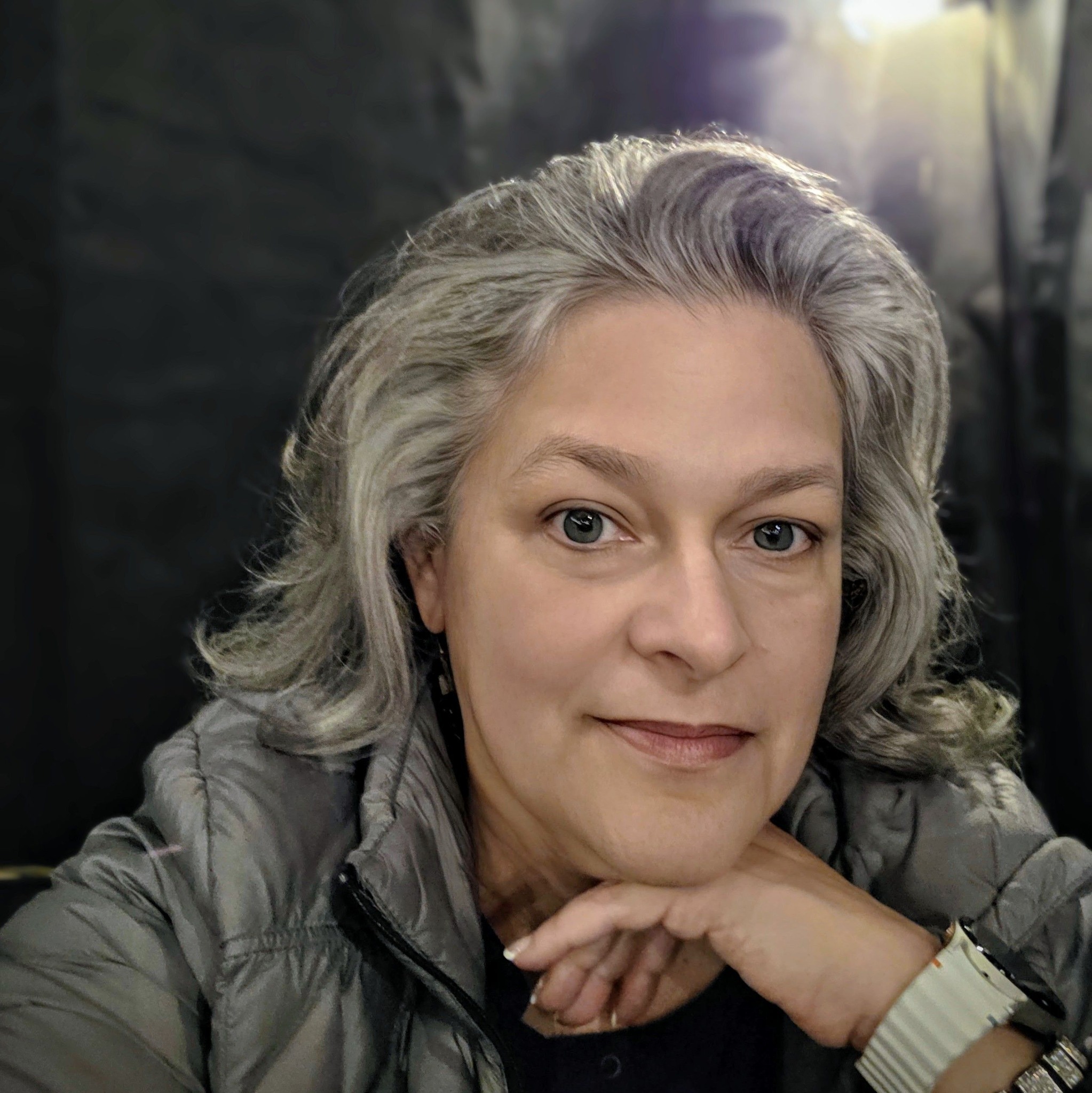
We’re raising the first generation with underdeveloped vestibular and proprioceptive systems — the parts of the brain responsible for balance, body awareness, and movement coordination.
Walk into any preschool or early elementary classroom today and you’ll see the signs:
Children who struggle to sit still.
Kids who get hurt more often during recess.
Students who seem lost during transitions.
So, what changed?
Movement opportunities.
From Playgrounds to iPads: A Shift in Childhood Movement
Previous generations spent hours climbing trees, riding bikes, balancing on curbs, and playing ball in the yard. They developed coordination, confidence, and focus through unstructured play.
Today’s kids?
They spend far more time in car seats, behind screens, or in structured indoor environments.
The result:
- Shorter attention spans (because their brains crave movement to focus)
- Increased anxiety (because physical play helps regulate the nervous system)
- Motor skill delays (from missing critical windows of development)
This isn’t about being anti-technology — it’s about being pro-skill development.
Children don’t need to give up screens entirely; they just need intentional, science-backed movement experiences to balance their growth.
How SKILLZ Bridges the Gap
That’s where SKILLZ comes in.
Every SKILLZ instructor is trained not only in martial arts — but in child development science and psychology. They understand what drives kids today, how their brains learn, and why traditional “drill until perfect” models often fail with this generation.
Through Teaching SKILLZ and Brain SKILLZ, instructors master the tools to make learning fun, engaging, and neurologically effective.
Our approach includes:
- Game-based learning that boosts dopamine (the brain’s motivation chemical).
- Movement patterns that strengthen neural pathways tied to focus and coordination.
- Positive reinforcement rooted in emotional intelligence and growth mindset research.
This combination turns every class into a mini brain-building session — disguised as play.
Built Around the Stages of Development
SKILLZ programs are also built using the latest research on the stages of development.
Instructors know what to expect and what not to expect from each age group.
That means no more unrealistic demands or frustration for kids (or parents).
Instead, every class meets children where they are — physically, intellectually, emotionally, and socially — and helps them grow to the next level.
The SKILLZ Advantage for Kids 9 & Under
The most critical years for brain and body growth happen before age 9.
That’s when foundational neural connections for balance, coordination, and self-regulation are formed.
SKILLZ age-specific programs — like Mini SKILLZ, Early SKILLZ, and Basic SKILLZ — are brilliantly designed to target exactly what developing children need: movement, challenge, and connection.
Every drill is engineered to:
- Build core motor skills and coordination
- Strengthen focus and attention control
- Foster confidence through success experiences
- Activate brain growth through patterning and play
When movement becomes meaningful and learning becomes fun — kids thrive.
The Bottom Line
It’s not about saying “no” to screens.
It’s about saying “yes” to skill development.
SKILLZ gives children the science-based tools they need to move better, focus longer, and grow stronger — in body, brain, and character.
Because childhood should be more than just sitting still.
It should be about moving, growing, and becoming the best version of themselves — one skill at a time.









